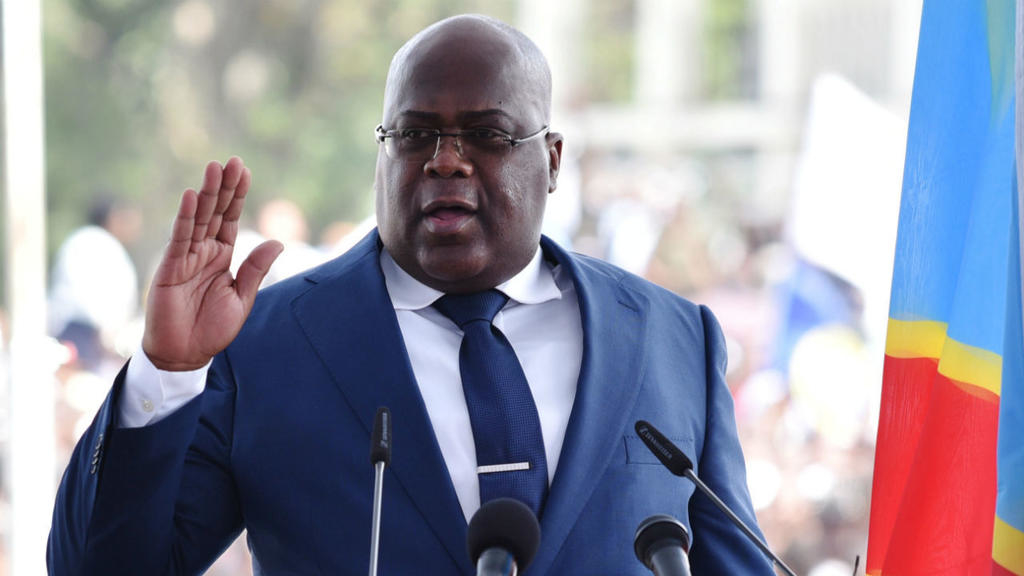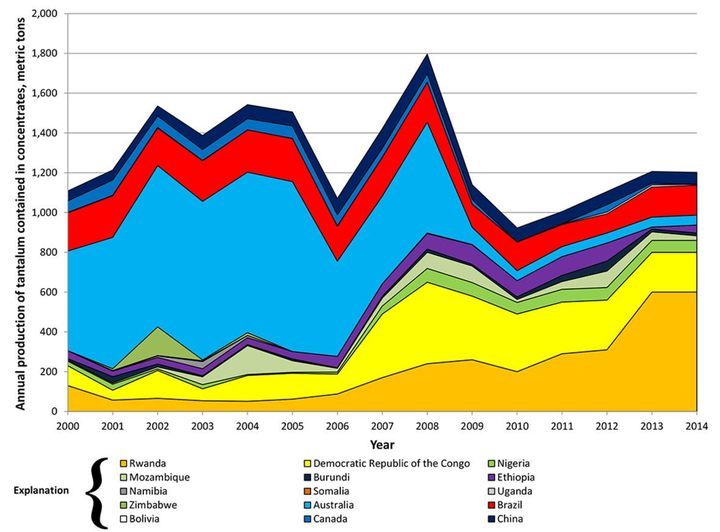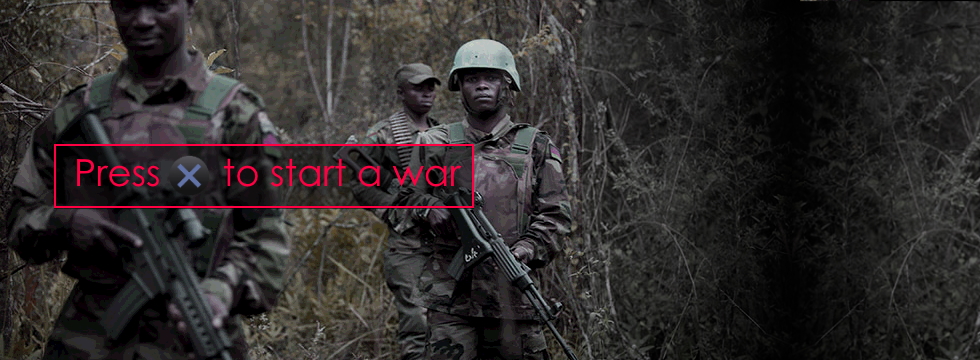Has anything changed in DRC?. Looking back at the PlayStation War
Table of Contents
The Great African War ended in 2003, but the Democratic Republic of Congo has not reached stability yet.

UNHCR, the UN Refugee Agency, is gravely concerned for the safety of tens of thousands of civilians in the north-eastern region of the Democratic Republic of the Congo (DRC) where violence by armed groups has recently claimed more than 20 lives.
UNHCR spokesperson Babar Baloch, September 28, 2018
The country was ruled by Joseph Kabila, the son of the abovementioned Laurent-Desiree Kabila, between 2001 and 2018 – two years longer than mandated by the constitution. The elections of 2016 were postponed, which resulted in demonstrations that were violently quenched. On 31 December that year, seven people were killed during one of the rallies.
After these events, Kabila announced that he was finally retiring from politics. The man ruled the country in a dictator-like fashion for years, drawing huge profits from trading raw minerals. On January 10, 2019, Félix Tshisekedi, the leader of the opposition, was announced as the new president of the country, and it was the first peaceful transition of power in the country.

According to the US Geological Survey, the participation of Rwanda and Congo in the global output of tantalum increased significantly since 2000. These African nations have surpassed Australia and Brazil as the largest producers of the mineral in the world. Meanwhile, the market of tantalum capacitors for electronics is growing and – according to a report by Orian Research – will continue to grow for at least the next five years. It is almost certain that tantalum capacitors, possibly from Congolese mines, are holding the electricity in the device you’re using right now.
The cost of a pound of tantalum is currently around $60-70.
Has anything changed in electronics?
Although the events of 2000 were unique in many ways, the robbing of African minerals by the "developed" world is a norm. In recent years, cobalt has become more notorious than tantalum. Cobalt is required to make batteries for smartphones, laptops and electric vehicles. The Afrewatch organization alarmed that the extraction of that resource in DRC is completely unsupervised, and that children as young as seven work in the mines, often without any protective gear. It also accused the world's largest electronics manufacturers of exploiting the Congolese cobalt deposits.
The articles treating about "blood minerals" that are regularly published in the media have had some effect on the manufacturers, although it's difficult to assess how effective they are. In October 2017, Sony established its Group Policy for Responsible Supply Chain of Minerals. The division is responsible for ensuring that the materials purchased by the company are not obtained from producers who violate human rights.
Are these kinds of initiatives really effective, or are they just designed to hush our conscience? This I cannot answer. The only lesson for us, blessed with peaceful lives that allow us to enjoy video games and other forms of entertainment, is that we have to be aware of the implications brought forward by the technology that improves our lives every day.

